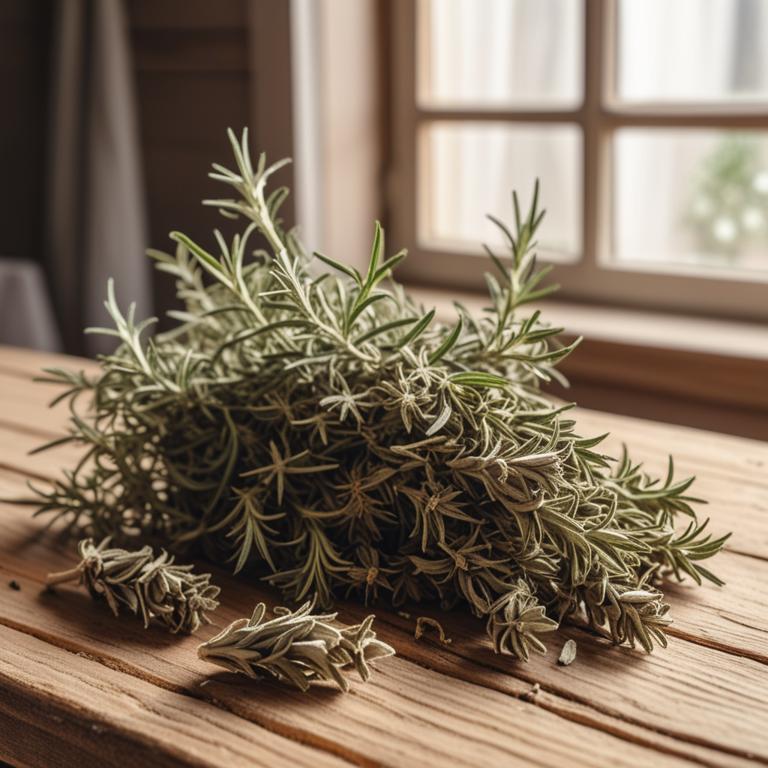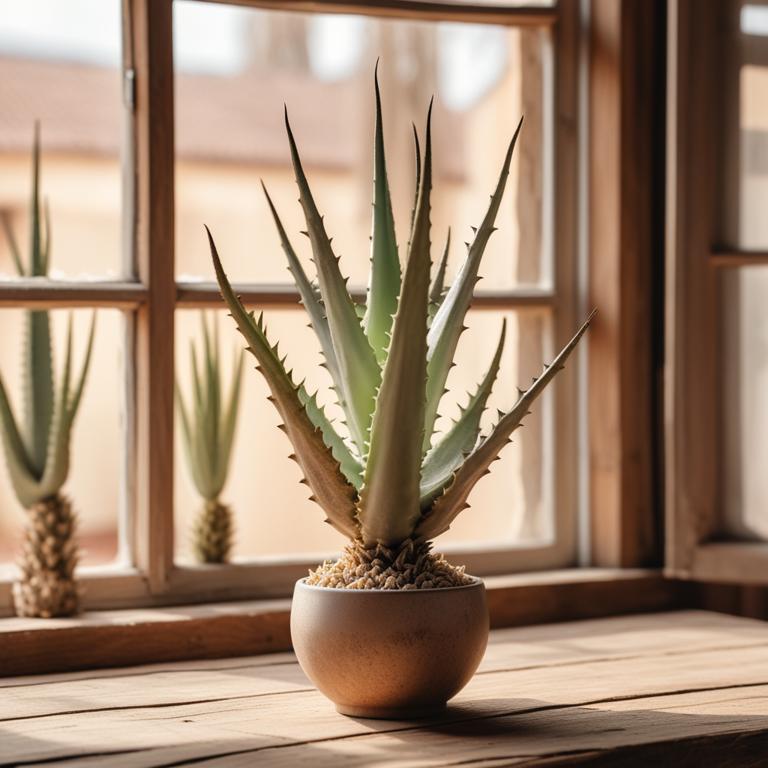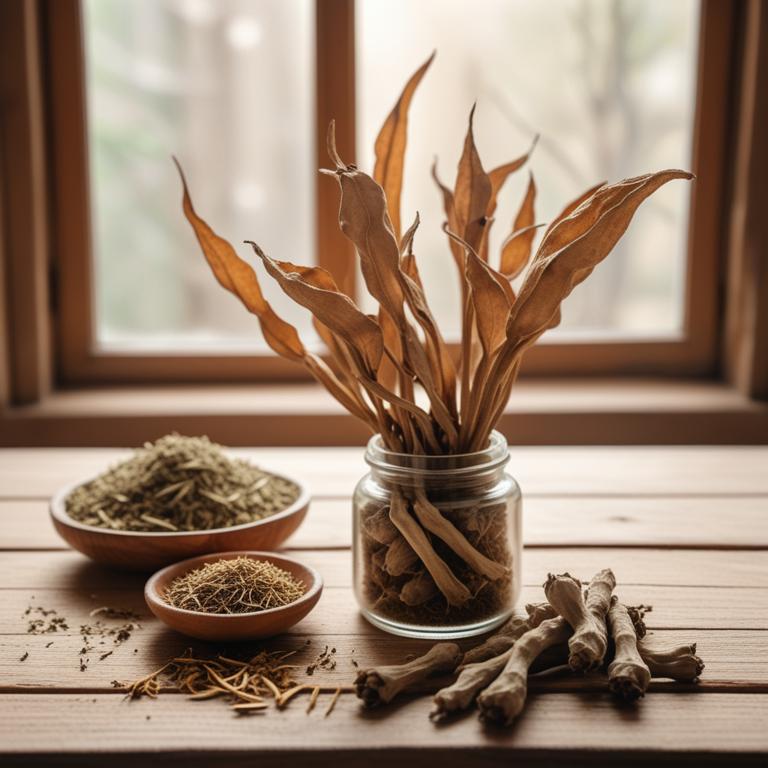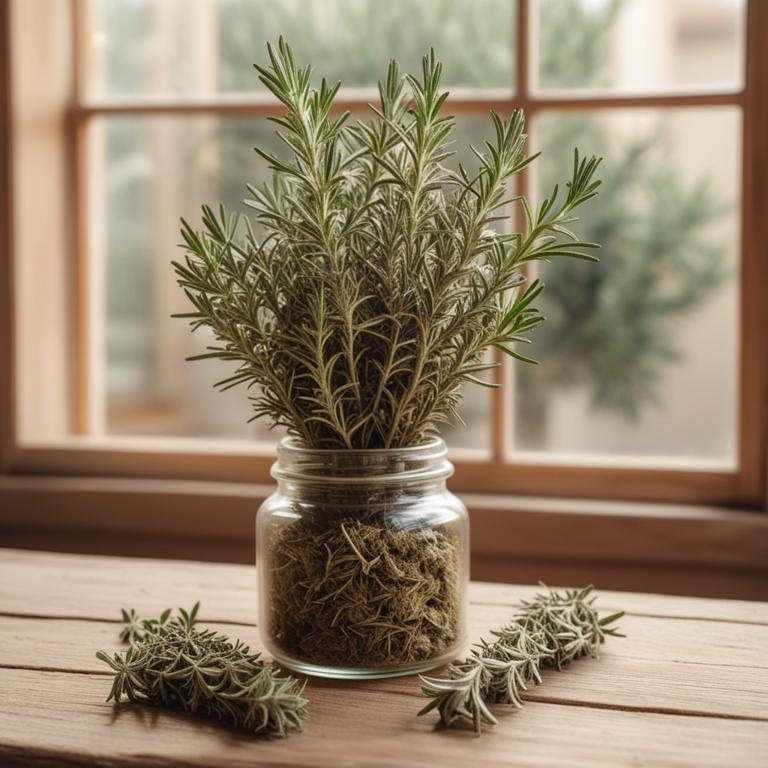Updated: Dec 1, 2024
Bleeding Gums: Causes, Medicinal Herbs, and Natural Remedies for Relief
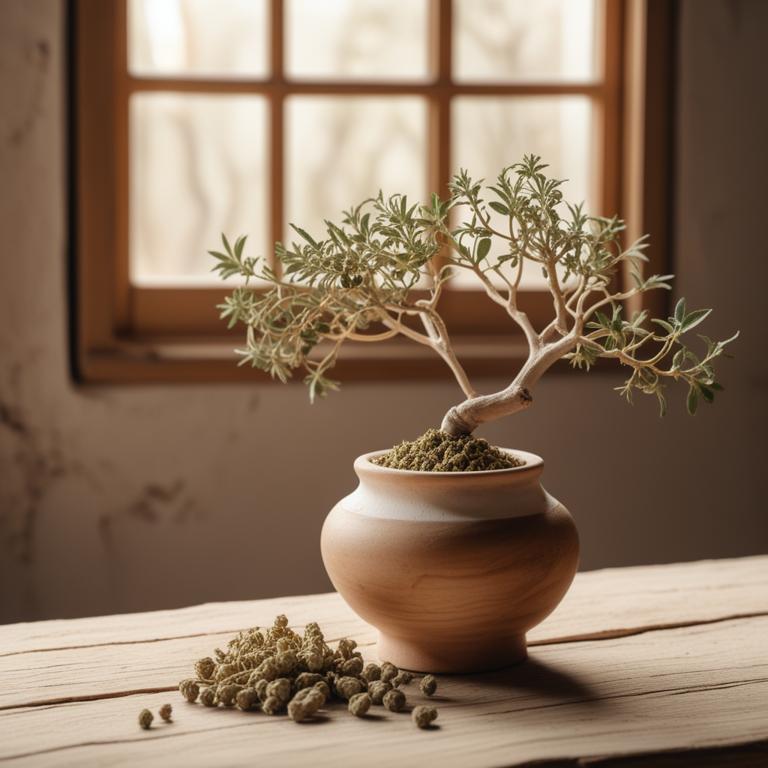
Bleeding gums can be a painful and embarrassing issue.
It's when your gums start to bleed easily, especially when you brush or floss your teeth. This can affect your daily life, making you self-conscious about your smile and hesitant to eat certain foods. Bleeding gums can be a sign of gum disease, which is often caused by poor oral hygiene, smoking, and consuming too much sugar. When you don't take care of your teeth and gums, plaque and bacteria can build up, leading to inflammation and infection. This can cause your gums to become red, swollen, and tender to the touch. If left untreated, bleeding gums can lead to more serious health problems, such as tooth loss and heart disease.
Fortunately, there are some herbal remedies that can help soothe and heal bleeding gums. Turmeric, for example, contains a powerful antioxidant called curcumin, which has anti-inflammatory properties that can reduce swelling and pain. Aloe vera is another natural remedy that can help calm and heal bleeding gums. You can apply aloe vera gel directly to your gums or drink aloe vera juice as a tea. You can also try drinking teas made from herbs like peppermint, eucalyptus, and sage. These herbs have antibacterial properties that can help combat the infection causing your bleeding gums.
Additionally, some herbal supplements like vitamin C and zinc can help boost your immune system and promote healing.
Table of Contents
- What are the underlying causes of bleeding gums?
- What are the advantages of using herbs to alleviate bleeding gums?
- Which herbs are commonly employed in medical treatments for bleeding gums?
- What are the best herbal preparations for alleviating bleeding gums?
- Can you tell me which herbs to steer clear of if you have bleeding gums?
- FAQ
What are the underlying causes of bleeding gums?
The main causes of bleeding gums are often related to our daily habits and oral health.
Poor Oral Hygiene is a significant cause, as not brushing and flossing regularly allows plaque and bacteria to build up on teeth and gums, leading to inflammation and bleeding. Gingivitis, an early stage of gum disease, is another major cause. It occurs when plaque and bacteria cause the gums to become red, swollen, and tender, often resulting in bleeding. Periodontitis, a more advanced stage of gum disease, can also cause bleeding gums.
This condition occurs when plaque and bacteria spread below the gum line, causing the gums to pull away from the teeth and create pockets that can bleed easily. Flossing Issues, such as not flossing properly or frequently enough, can also contribute to bleeding gums. When food particles and plaque are not removed from between teeth, they can cause irritation and bleeding. Finally, Tartar Buildup, also known as calculus, can cause bleeding gums.
When plaque hardens into tartar, it can become trapped between teeth and below the gum line, causing inflammation and bleeding.
What are the advantages of using herbs to alleviate bleeding gums?
Using herbs for bleeding gums can be really helpful.
One of the main benefits is that they can reduce inflammation and ease pain. This is because they have natural anti-inflammatory properties that can help calm down the gums and stop them from bleeding.
Some herbs can even help fight off the bacteria that cause gum infections, which can lead to bleeding gums. They can also improve blood flow to the gums, which helps them heal faster. Additionally, these herbs can help soothe and calm the gums, making them feel more comfortable and reducing the risk of bleeding.
Furthermore, they can also help strengthen the gums and bones that support the teeth, which can help prevent bleeding gums from happening in the first place.
Which herbs are commonly employed in medical treatments for bleeding gums?

Herbs have been used for centuries to help with bleeding gums, and they're still effective today.
One of the reasons they're so good is because they have powerful anti-inflammatory properties that reduce swelling and fight off infections. Echinacea purpurea, also known as coneflower, is a great example of this. It contains compounds that boost your immune system, helping your body to fight off the bacteria that cause gum disease. Another herb that's great for bleeding gums is Salvia officinalis, or sage. It's rich in antioxidants that protect your gums from damage caused by free radicals. Free radicals can damage the tissues in your mouth, leading to bleeding and pain. Sage also has antibacterial properties that help to kill off the bacteria that cause gum disease. Eucalyptus globulus, or eucalyptus, is another herb that's commonly used to help with bleeding gums.
Its essential oils have antibacterial and anti-inflammatory properties that help to reduce swelling and fight off infections. Eucalyptus also helps to reduce pain and discomfort, making it a great herb to use when you're experiencing bleeding gums. Melaleuca alternifolia, or tea tree oil, is another herb that's great for bleeding gums. It contains compounds that have antibacterial and anti-inflammatory properties, which help to reduce swelling and fight off infections. Tea tree oil also has antiseptic properties that help to prevent infection and promote healing. Finally, Curcuma longa, or turmeric, is a herb that's been used for centuries to help with bleeding gums. It contains a compound called curcumin, which has powerful anti-inflammatory properties that reduce swelling and fight off infections. Turmeric also has antibacterial properties that help to kill off the bacteria that cause gum disease. When you use these herbs, you can expect to see a reduction in bleeding and swelling, as well as a decrease in pain and discomfort.
They can also help to prevent infection and promote healing, making them a great addition to your oral care routine.
What are the best herbal preparations for alleviating bleeding gums?
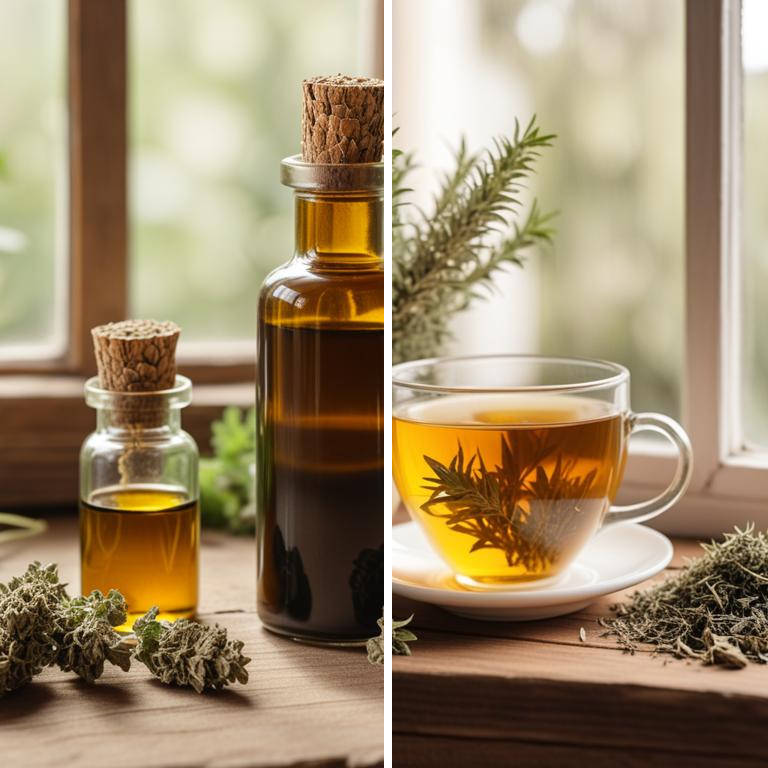
Herbal preparations can be really helpful for bleeding gums.
Let's take a look at some popular options. A decoction is a liquid extract made by boiling herbs in water, and it's great for bleeding gums because it helps reduce inflammation and kills bacteria that can cause infections. For example, decoctions of slippery elm and calendula can soothe the gums and promote healing. A tincture, on the other hand, is a concentrated liquid extract of herbs made with a solvent like alcohol or glycerin. Tinctures of herbs like myrrh and clove can help reduce pain and inflammation in the gums, while also fighting off infections.
Herbal teas are another option for soothing bleeding gums. Teas like peppermint and chamomile can calm the gums and reduce swelling, while also promoting relaxation and reducing stress, which can contribute to gum problems. Capsules are a convenient way to take herbal preparations, and they're especially good for bleeding gums if you're looking for a more targeted approach. Capsules of herbs like vitamin C and omega-3 fatty acids can help promote collagen production and reduce inflammation in the gums. An infusion is similar to a tea, but it's made with a stronger concentration of herbs. Infusions of herbs like echinacea and goldenseal can help boost the immune system and fight off infections in the gums.
All of these herbal preparations can be used to help alleviate bleeding gums, and they often work well when used in combination with regular oral hygiene practices.
Additional Resources:
Can you tell me which herbs to steer clear of if you have bleeding gums?
If you have bleeding gums, it's best to be careful with certain herbs.
Ginkgo biloba, for example, may slow down blood clotting, which could make bleeding gums worse. This is because ginkgo biloba has properties that affect blood flow and clotting.
Glycyrrhiza glabra, also known as licorice root, can cause blood pressure to rise, which can strain the blood vessels in your gums and make bleeding worse. Commiphora molmol, or frankincense, can also slow down blood clotting and affect blood pressure, similar to ginkgo biloba and licorice root. Rosmarinus officinalis, or rosemary, may cause blood vessels to constrict, reducing blood flow to the gums and potentially making bleeding worse.
Cinchona officinalis, which contains quinine, can also slow down blood clotting and affect blood pressure, so it's best to avoid it if you have bleeding gums.
FAQ
Are there any specific herbs that can prevent bleeding gums?
Ginkgo biloba and aloe vera are often used to help with bleeding gums.
Ginkgo biloba helps improve blood flow to the gums, while aloe vera has anti-inflammatory properties that can reduce swelling and ease pain.
These herbs may help soothe and heal gums, but more research is needed to confirm their effectiveness.
Is it safe to use herbal remedies for bleeding gums during pregnancy?
During pregnancy, it's best to be cautious with herbal remedies.
Some herbs can affect the baby's growth or cause complications. If you're experiencing bleeding gums, consider speaking with a healthcare provider about safe options.
They may recommend gentle oral care and suggest alternative treatments that won't harm you or your baby.
Are there any herbs that can reduce the frequency of bleeding gums?
Gum bleeding can be caused by poor oral hygiene, but some herbs may help reduce its frequency.
Aloe vera, for example, has anti-inflammatory properties that may soothe inflamed gums.
Also, turmeric contains curcumin, which has natural antiseptic and anti-inflammatory effects that can help heal gums and reduce bleeding.
Related Articles
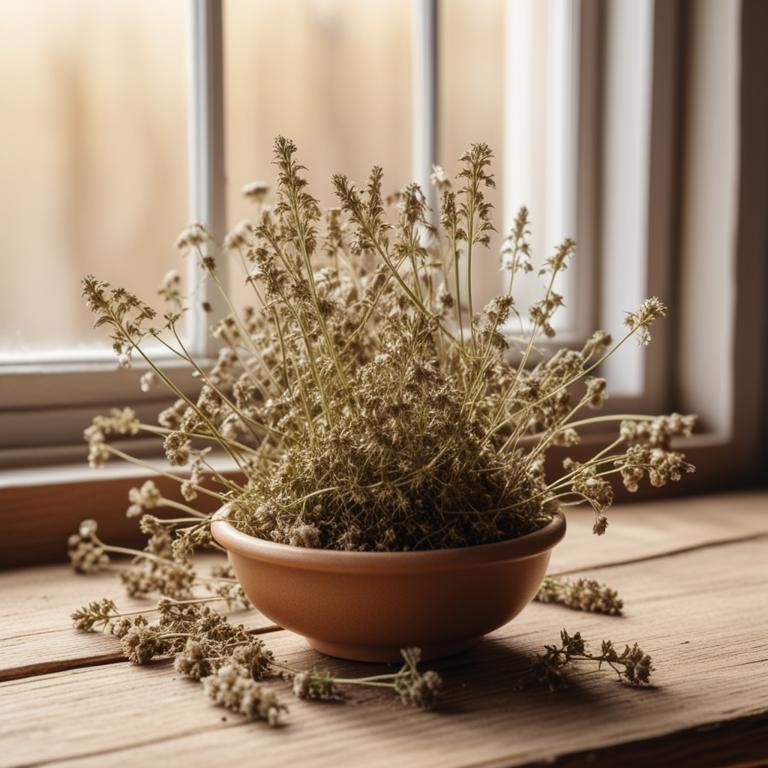
Causes and Treatment of Eye Infection with Medicinal Herbs and Herbal Preparations
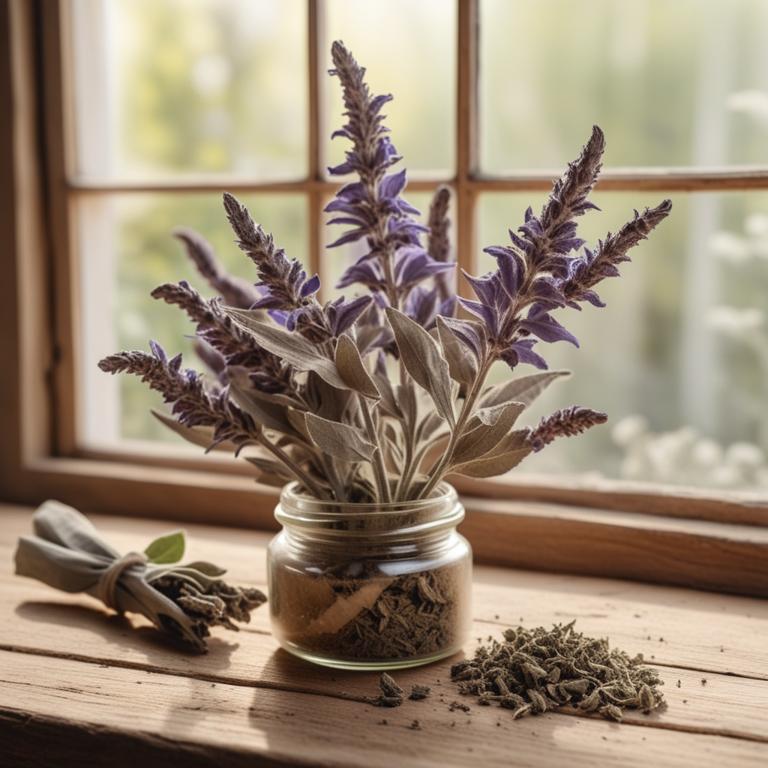
The Role of Medicinal Herbs in Preventing and Treating Dental Plaque
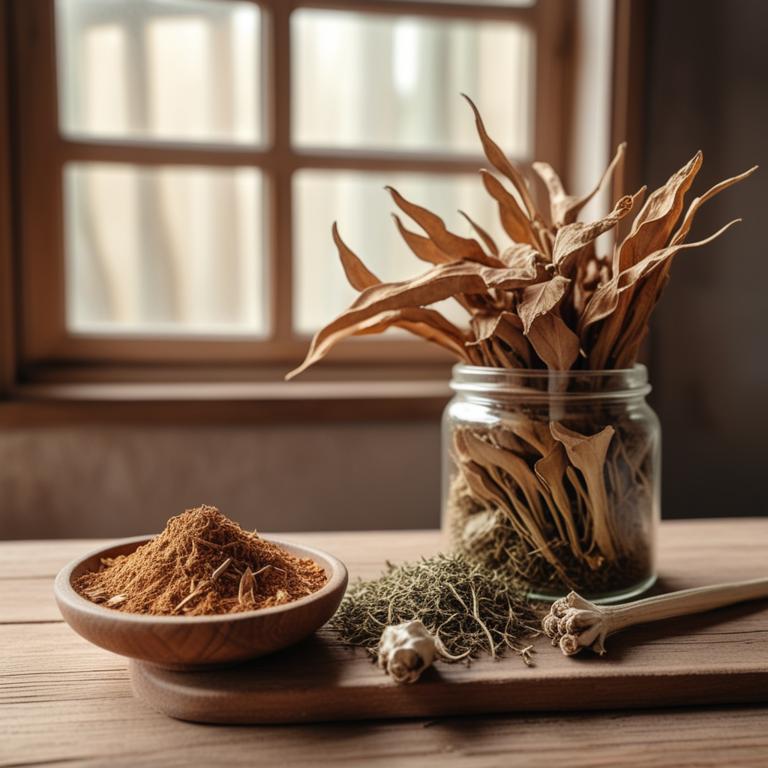
Cold Sore: Understanding Causes, Medicinal Herbs, and Natural Remedies for Relief
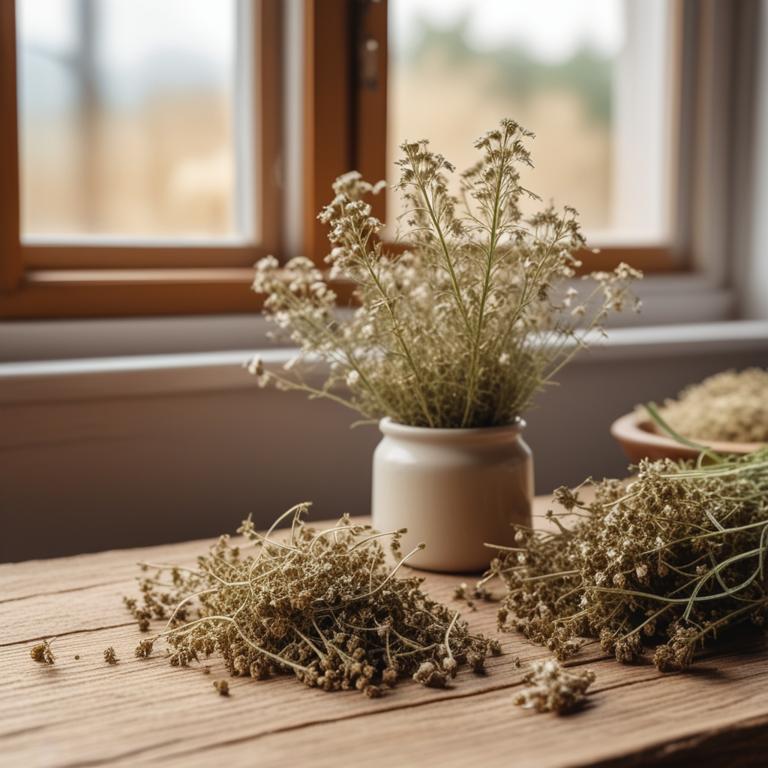
Natural Remedies for Dry Eyes: Causes, Medicinal Herbs, and Herbal Preparations
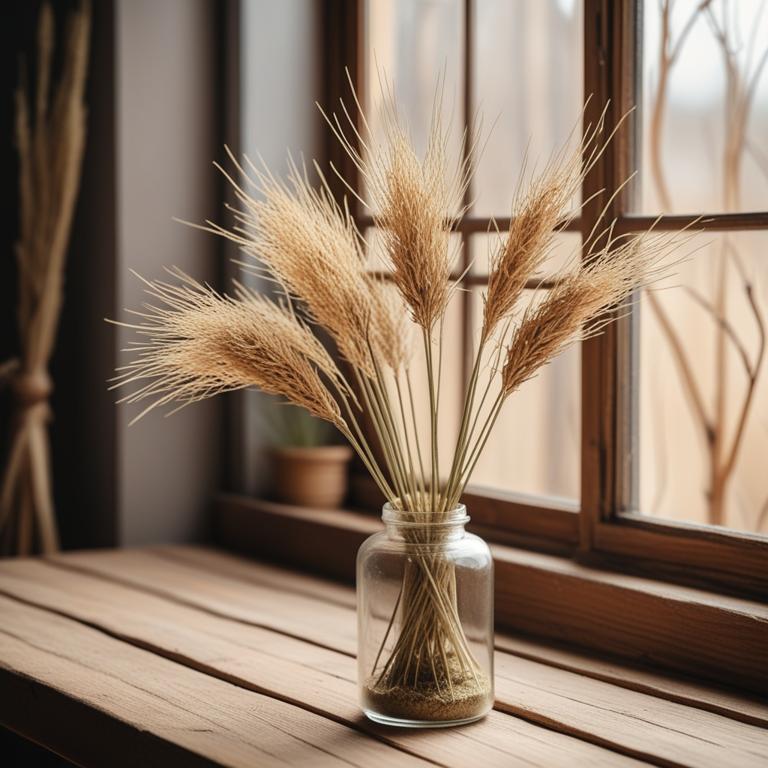
Managing Body Odor with Medicinal Herbs and Herbal Remedies
